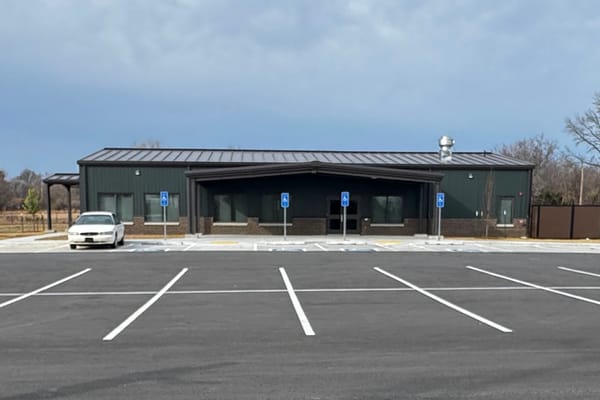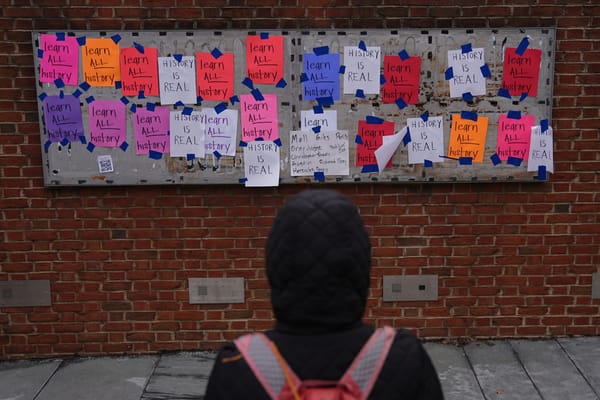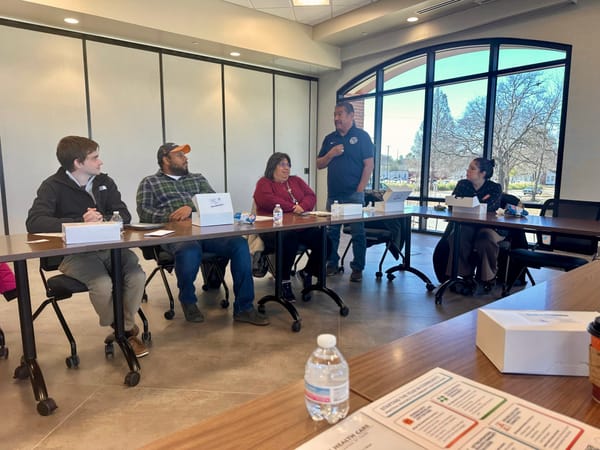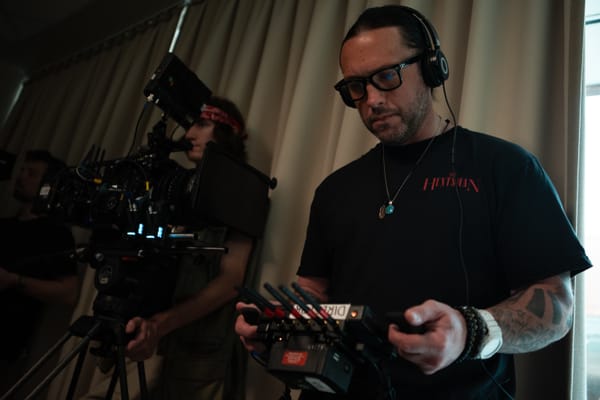Confusion among tribal nations and Native organizations after a federal spending freeze is ordered then rescinded
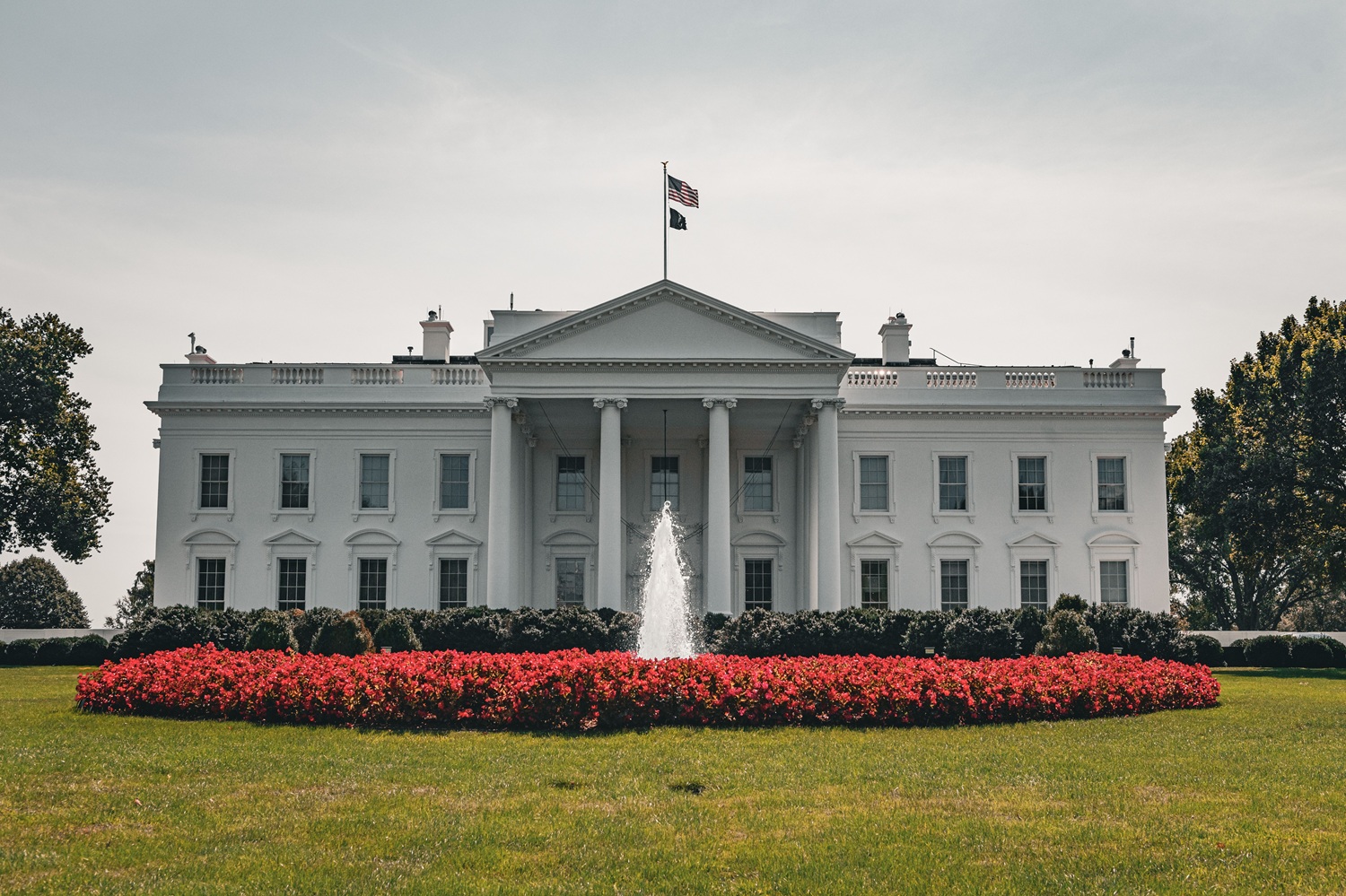
Tribes are taking precautions after a memo from the Office of Management and Budget ordered a freeze on spending for Federal loans and grants.
(NATIONAL) On Monday February 3, a Federal Judge issued a restraining order against a memorandum from the White House Office of Management and Budget that ordered a freeze on grants and loans.
The restraining order came after another federal judge put a pause on the memo on January 28th. The OMB rescinded the memo on January 29th, but that didn’t stop concerns and confusion about impacts.
Bryan Shade, a member of the United Keetoowah Band of Cherokee Indians (UKB), and attorney at Lippes Mathias in Washington D.C., who works with Tribal clients, says a freeze or pause on funding to Tribes could have detrimental impacts.
“If you’re running a health clinic that you contracted through the Indian Health Service and you don’t get your funds, your service stops,” Shade said.
“You’re not able to provide critical healthcare to your tribal populations, many of which are located in very remote areas with limited access or no access at all to health resources,” said Shade.
Leaders from Tribal governments in Oklahoma also reacted to the actions of the Federal Government this week.
Governor John R. Johnson, of the Absentee Shawnee Tribe released a statement saying: “As with any sudden or tragic event, we have protocol and contingency plans ready to execute in the immediacy or at a moment’s notice.”
The Ponca Tribe Business Committee also released a statement saying, “As a business committee will hold any Presidential Administration to the responsibility they bear in honoring the treaty obligations of the United States Government.”
On Tuesday, a Federal Judge ordered a pause on the spending freeze memo after 22 states filed a lawsuit.
On Wednesday, January 29th, OMB announced the memo had been rescinded.
“I think the consensus, at least on the left, is that it was a maneuver to make the court case moot,” said Shade. “The case that was filed over the initial OMB memo is withdrawn, the government can go back on Monday and say hey we’ve withdrawn this, the case is moot and attempt to get it withdrawn.”
Even though the memo has been rescinded, Shade says his law firm has been in contact with Tribal leadership across the country and is advising precautionary measures.
“The big thing is to draw down any funds that are available. If the money is not drawn down and the drawdown system goes down you’re just kind of out of luck until that draw down system comes back up,” said Shade.
The drawdown system allows Tribes to access the funds made available to them by the Federal government and get those funds deposited into their bank accounts to assist with running programs.
The Native American Rights Fund has also been speaking with Tribal leadership this week, many of whom remain concerned even after the memo was rescinded.
“They just hope that nothing further like this comes out of the administration, they’re just not sure what’s gonna happen next,” said John Echohawk, the Executive Director for the Native American Rights Fund. “We’re standing by ready to do what might be asked of us if the administration does anything else.”
Shade says Tribes are in a different category then other entities when it comes to receiving funding from the Federal government because of the different ways they receive funding.
Tribes do receive funding for things like energy assistance (heating, cooling, etc.) that other governments receive, but they also receive funding from the Federal government because of Treaty obligations and congressional legislation.
“There’s the Indian Self Determination and Education Assistance Act that’s public law 93-638 that creates this contracting mechanism,” said Shade. “The Tribes become federal actors under 638, it’s not your typical block grant that would go out to a non-profit.”
A 638 compact allows Tribes to act as the federal government when dispersing funds and programs to their citizens.
“It's not Federal Financial Assistance and that term gets thrown around a lot when politicians say we need to tighten our budget, we need to curb the deficit or what have you. These are contractually due funds, they're not discretionary. These are not grants or programs that can be cut on a whim, they are contractual obligations of the United States and the United States should pay its bills,” added Shade.
Shade is also advising Tribes to reach out to their Congressional delegations to let them know what a funding pause in programs would mean for their programs. He said it would affect the health, safety and welfare of community members. Issues in Indian Country he says are nonpartisan ones.
“There should be a recognition that this is a debt owed by the government to these tribes and we’re gonna pay our bills.”


